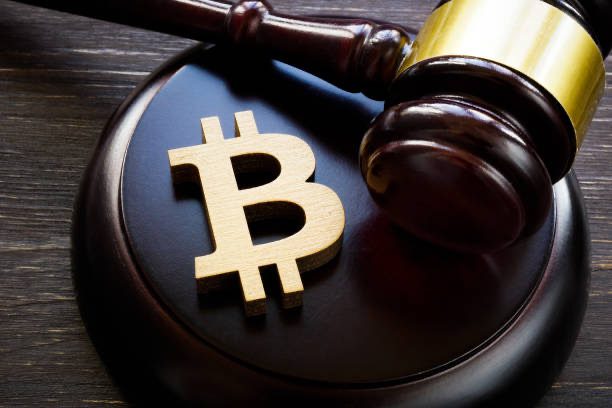Cryptocurrency could get its own global regulatory body next year, according to Ashley Alder, the chairperson of International Organisation of Securities Commissions.
The declaration was made in an online conference organised by the Official Monetary and Financial Institutions Forum which has been going on for the past two days.
While giving a speech during the OMFIF think tank yesterday, Alder stated that digital currencies such as Bitcoin are one of the three main areas global authorities are now focused on, the other two are Covid-19 and climate change.
“But I do think now it’s seen as one of the three C’s (COVID, climate and crypto) so it’s very, very important. It has gone up the agenda, so I would not expect that to be the case at the same time next year…If you look at the risks we need to address, they are multiple and there is a wall of worry about this (crypto) in the conversations at an institutional level,” Alder said.


He further noted the core issues of the crypto sector which are cyber security concerns, operational resilience and lack of transparency.
In the opinion of Alder, the solution to that long-standing problem is creating a global joint regulator. A regulator that would coordinate uniform crypto rules globally, something like Climate Finance Group of G20.
Read also: Turmoil as traders lose over $2bn in the past 24 hours
What this means for the crypto world
Although international bodies like the IMF have been working on assessing risks and appropriate policy responses to the rise of cryptos, there has been no internationally coordinated regulation of cryptocurrencies.
Countries and regional bodies like China, El Salvador, India, CAR, Liechtenstein, UAE and EU all have a regulatory body and formula in place but their approaches vary.
The territorial differences, absence of uniform standards and terminologies create uncertainties and compliance burdens for crypto users and businesses, especially for those that operate across board.
Terra Blockchain’s recent disaster and the collapse of the ‘unstable stablecoin’, $UST, do not help matters either. It is drawing negative attention from authorities and giving them a chance to tighten their ‘unsustainability’ rhetoric even more.


These hiccups, as well as the risks posed by the underlying principles of the blockchain technology has called for a truly global coordinated approach.
However, for this to work, countries, international organisations and prominent figures must work together to leverage blockchain technology to come up with a regulatory framework that will be economically optimal, protect consumers and prevent abuse of cryptocurrencies for illicit activities.






